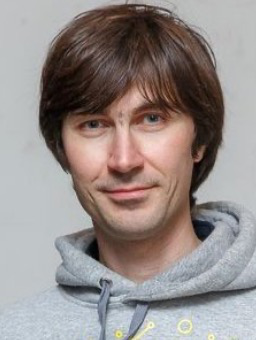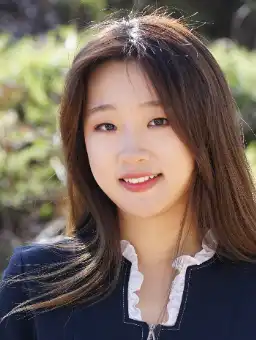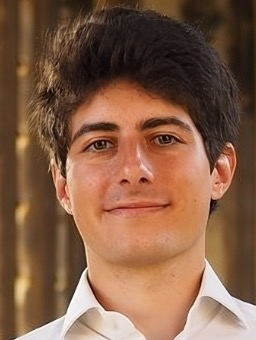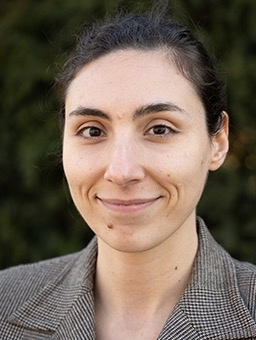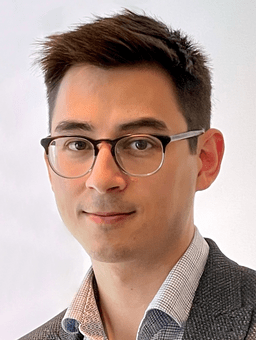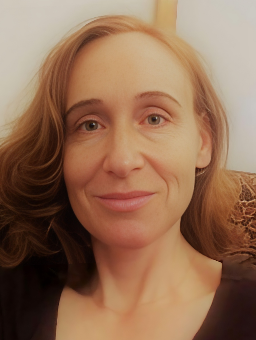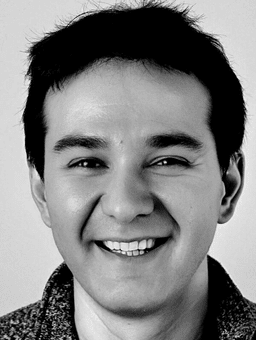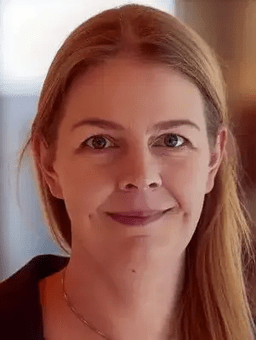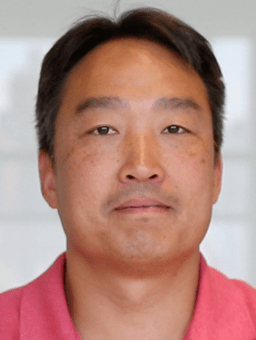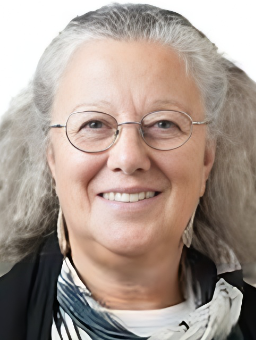Workshop
Associative Memory (AM) is a core notion in psychology responsible for our ability to link people's names to their faces and to remember the smell of a strawberry when we see one. Mathematical formalizations of AM date back to the 1960s-1980s [...] . For instance, the celebrated Hopfield Networks of Associative Memory have made a significant impact on the communities of machine learning researchers, neuroscientists, and physicists. A recent surge of novel theoretical and practical developments [...] have reinvigorated this seemingly established field and placed it in the spotlight of modern ideas in deep learning [...] . and contemporary artificial network models of the brain [...] (see also this Quanta Magazine Article), culminating in the 2024 Nobel Prize in Physics "for foundational discoveries and inventions that enable machine learning with artificial neural networks".
However, there still remain significant gaps between the language, methods, and ideas that are used in the theoretical work pertaining to this topic and mainstream machine learning literature. The main goal of our workshop is to bring together key researchers and developers working on AM from the perspectives of machine learning, computational neuroscience, statistical physics, and software engineering, to build upon the first iteration of this workshop at NeurIPS 2023 towards closing the gaps and converging to a common language, methods, and ideas.
We would consider our workshop a success if it sparks enough interest from the communities of AM theorists, LLM practitioners, computational neuroscientists, and software developers, which are largely disjoint, to work together towards understanding the language and methods used by each of the sub-fields. We hope that this convergence will lead to efforts towards the development of novel architectures and algorithms uniquely suitable for Associative Memory networks, and to the integration of these modules into modern large scale AI systems.
Recent developments have opened up a New Frontier for Associative Memory and Hopfield Networks. The announcement of the Nobel Prize is Physics 2024 has further placed this area of research in the spotlight. We believe that 2025 is the right time to bring this topic to ICLR.
Submissions
We invite submissions on novel research results (theoretical and empirical), benchmarks, demos, visualizations, software frameworks and abstractions, and work-in-progress research. There are two tracks: full length submissions are 5-page papers (excluding references), tiny papers are 3-page papers (excluding references). Submissions should be made on OpenReview using this workshop's LaTeX template. The reviews will not be shared publicly. This workshop is non-archival. See the Call for Papers for more information on the scope of this workshop.
The OpenReview submission page is now open.
- Submission Deadline: February 14
- Acceptance Notification: March 5
- Camera-ready Deadline: April 15
Supplementary materials / appendices after the references are allowed and do not count towards the page limit. Submissions should be anonymized and should not include any identifying information about author identities or affiliations. There are no formal proceedings generated from this workshop. Accepted papers will be made public on OpenReview. The reviewing process will be double-blind. In assessing submitted contributions we will use the same rules for conflicts of interest as are used in the main track ICLR conference, e.g., reviewers cannot be from the same organization as authors, recent coauthors cannot review each other's submissions. While we welcome short versions of published papers, preference will be given to new and not yet published work.
Questions? Email the organizers at nfam2025@gmail.com.
Invited Speakers
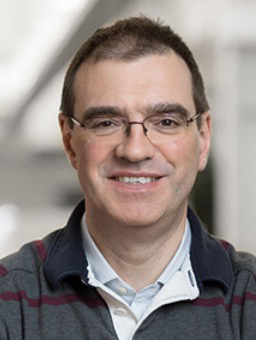
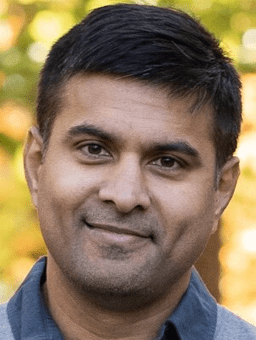
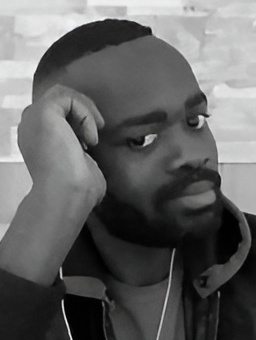
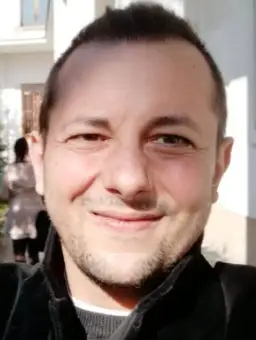
Panelists
We end our workshop with a panel discussion exploring how Memory can improve LLMs.
Organizers
Schedule
This workshop will be held on Sunday April 27, 2025. For detailed day of schedule, please see the Schedule page.
Accepted posters
See OpenReview for the list of accepted posters and orals.
Contact Us
Questions? Email us at nfam2025@gmail.com.
Program Committee
In no particular order,
- Olawale Onabola (MILA)
- Jacob Zavatone-Veth (Harvard)
- Carl R. Richardson (U of Southampton)
- Saul José Rodrigues dos Santos (Instituto Superior Técnico)
- Adriano Barra (Sapienza Univ di Roma)
- Mohadeseh Shafiei Kafraj (UCL)
- Christopher Kymn (UC Berkeley)
- Bishwajit Saha (IBM Research)
- Luis Rueda (U of Windsor)
- Alberto Fachechi (Sapienza Università di Roma)
- Matthew Du (U of Chicago)
- Krishnakumar Balasubramanian (UC Davis)
- Alexey Kovalev (AIRI, MIPT)
- Alexander Davydov (UCSB)
- Timothy Nest (McGill U)
- Garrett T. Kenyon (LANL)
- Aditya Cowsik (Stanford)
- Rylan Schaeffer (Stanford)
- Tankut Can (Emory)
- Paolo Glorioso (MIT)
- Enrico Ventura (Bocconi U)
- Binxu Wang (Harvard)
- Matteo Negri (Università di Roma Sapienza)
- Beatrice Achilli (Bocconi U)
- Tommaso Salvatori (VERSES)
- Mikhail Burtsev (London Inst. for Math Sci.)
- Parikshit Ram (IBM Research)
- Hamza Tahir Chaudhry (Harvard)
- Benjamin Hoover (IBM Research, Georgia Tech)
- Saleh Sargolzaei (U of Windsor)
- Carlo Lucibello (Bocconi U)
- Aleksandr Panov (MIPT)
- Arian Khorasani (MILA)
- Egor Cherepanov (MIPT)
- Gabriel Raya (Tilburg U, Eindhoven Tech)
- Hongzhi Wang (IBM Research)
- Bao Pham (RPI)
- Nima Dehmamy (IBM Research)
- Luca Maria Del Bono (Sapienza Università di Roma)
- Elena Agliari (Sapienza Università di Roma)
- Michael Teti (LANL)
- Christopher Hillar (Redwood Center for Theoretical Neuroscience, UC Berkeley)
- Jerry Yao-Chieh Hu (Northwestern)
